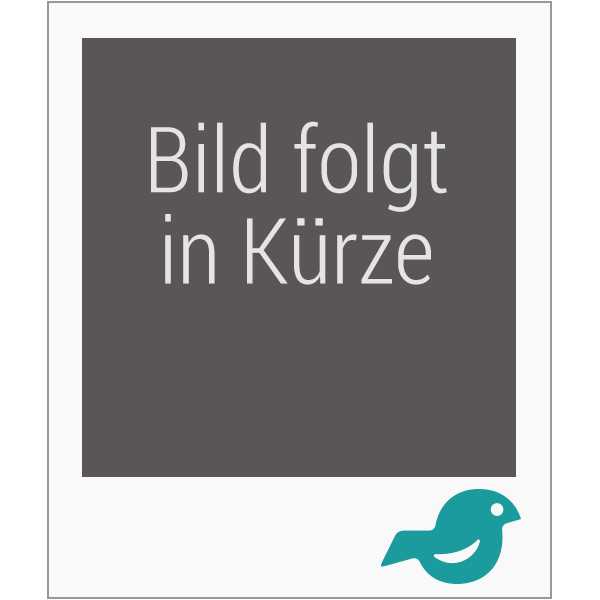Die katalogische Sequenz zum personalen Gelegenheitsschrifttum im Baltikum wird mit einem Band zur estnischen Kapitale Tallinn, dem alten hansischen Reval, eröffnet. Damit wird erstmals in einer europäisch ausgerichteten Kulturwissenschaft der nordöstliche Vorposten des alten deutschen Sprachraums der Frühen Neuzeit in großem Stil erschlossen. Hier residierte Paul Fleming als Mitglied der nach Rußland und Persien aufbrechenden Reisegesandtschaft. Er hatte das Opitzsche literarische Experiment im Umkreis der Leipziger Universität sogleich zu nicht mehr überbietbarer Blüte geführt. Und er leistete nun am eben gegründeten Revaler Gymnasium Geburtshilfe bei der Überführung der lateinischen Formenkultur in die deutsche wie die estnische Sprache zugleich. Dieser Prozeß literarischer Interaktion wird erstmals in den über 800 ermittelten literarischen Zeugnissen im einzelnen nachvollziehbar. Alle im heutigen Tallinn in Bibliotheken und Archiven noch auffindbaren Drucke sind im Volltext in einer Microfiche-Edition zugänglich. Den Weg zu ihnen weist ein mit elf Registern ausgestatteter Katalog, dem eine ausführliche Einleitung des derzeit ersten Sachkenners Martin Klöker vorangestellt ist. Gleich angelegte Werke zu den Casualia in Archiven und Bibliotheken in Riga sind vorbereitet und werden rasch folgen.
The catalogue sequence on personal occasional literature in the Baltic region is now opened via a volume on the Estonian capital Tallinn, the old Hanseatic city of Reval. In this way, the north-easterly outpost of the old German linguistic area of early modern times is accessed for the first time in the context of cultural studies with a European orientation. All texts which are still to be found in libraries and archives in the Tallinn of today are accessible in full in a microfiche edition. The way to them is indicated by a catalogue with eleven indices preceded by a detailed introduction by Martin Klöker, who is the prime expert on the material at present.
The catalogue sequence on personal occasional literature in the Baltic region is now opened via a volume on the Estonian capital Tallinn, the old Hanseatic city of Reval. In this way, the north-easterly outpost of the old German linguistic area of early modern times is accessed for the first time in the context of cultural studies with a European orientation. All texts which are still to be found in libraries and archives in the Tallinn of today are accessible in full in a microfiche edition. The way to them is indicated by a catalogue with eleven indices preceded by a detailed introduction by Martin Klöker, who is the prime expert on the material at present.

